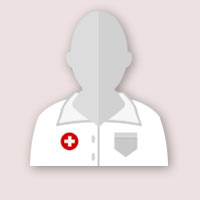Addiction Follow-up Treatment
Addiction is a brain disease that affects multiple brain circuits, including those involved in reward and motivation, learning and memory, and control over behavior. Chemical dependence is a form of addiction in which a person uses a chemical substance (drugs or alcohol) compulsively and cannot stop using them despite the problems caused by their use. Scientific research since the mid-1970s shows that treatment can help patients addicted to drugs stop using, avoid relapse, and successfully recover their lives.
Medication and behavioral therapy, especially when combined, are important elements of an overall therapeutic process that often begins with detoxification, followed by treatment and relapse prevention. Easing withdrawal symptoms can be important in the initiation of treatment; preventing relapse is necessary for maintaining its effects. And sometimes, as with other chronic conditions, episodes of relapse may require a return to prior treatment components. A continuum of care that includes a customized treatment regimen-addressing all aspects of an individual's life, including medical and mental health services-and follow-up options (e.g., community- or family-based recovery support systems) can be crucial to a person's success in achieving and maintaining a drug-free lifestyle.
Long-term follow-up is an essential component of successful addiction treatment. This can include ongoing medical supervision, formal group meetings, and age-appropriate and developmentally appropriate psychotherapeutic support. Our trained professionals may also recommend individual or family psychotherapy to help uncover and resolve the issues that have contributed to or resulted from the substance abuse or addiction.

